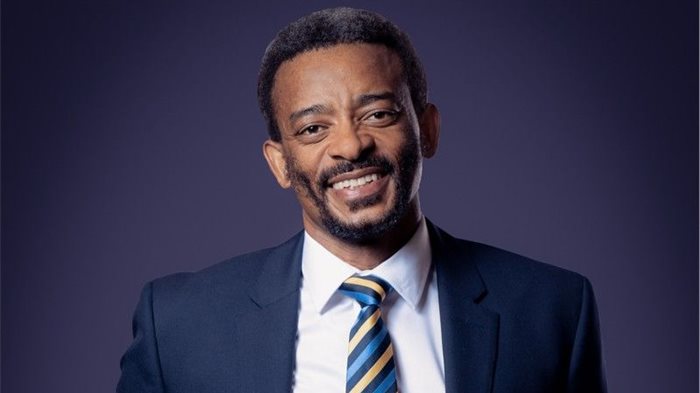
Related






3 ways South African social investors can capitalise on G20
Leanne Emery-Hunter, Motshegwa More and Matebe Chisiza 15 Dec 2025
Top stories






More news


Marketing & Media
Ads are coming to AI. Does that really have to be such a bad thing?














Mthenjane, who plans to leave his role as executive head for stakeholder affairs at Exxaro Resources to join the council, has more than 30 years of experience in the local mining industry.
Minerals Council President, Nolitha Fakude commented on Mthenjane's appointment saying: “We are pleased to appoint someone of Mzila’s experience and ability to the role of Minerals Council CEO. He has, in his three decades of involvement in the mining and financial industries, garnered the experience the Minerals Council needs for its next chapter in a rapidly changing world.
"He is coming in when the focus of all stakeholders is now more on EESG (economic, environment, social and governance) matters, with mining expected to play a significant role in this regard.”
Mthenjane replaces Roger Baxter who will end his nine-year term at the end of June. "Roger embodies a spirit of collaboration and selfless leadership synonymous with our predecessors and icons within our industry and specifically within the council," said Fakude.
"South Africa's mining industry is indebted to him for his passionate and principled leadership during some very challenging times during his tenure," she said.
Statistics from the Mineral Council show that the mining and quarrying sector spent R504bn in 2022 on buying goods and services. The industry grew employment to nearly 469,000 during 2022 from 460,000 the year before. Mining industry employees’ earnings of R174bn were higher than R165bn before. And the sector spent more than R5bn on human resources development, with a further R1.7bn paid to the skills development levy.
Fakude highlighted that in 2022, the industry contributed R484bn to the economy, up from R475bn the previous year. Exports, she said, increased to R877bn from R834bn in 2021. And for the second consecutive year, the value of production was above R1tn.
The sector, however, lost R50bn in revenue, emphasised Baxter, as a result of what he terms the "Transnet catastrophe".
"But that's not the real cost," he said. "The real cost to the country is R150bn in forfeited mineral exports [that would have been produced] if we had been operating those rail facilities at nameplate or enhanced nameplate capacity."
He welcomed President Cyril Ramaphosa's order to establish a national logistics crisis committee (NLCC), which will be responsible for coordinating the implementation of a Freight Logistics Roadmap. He said the committee will be critical in driving the structural reforms needed.
The mining industry accounts for 80% of Transnet Freight Rail’s annual revenue and half of Transnet’s group revenue.
